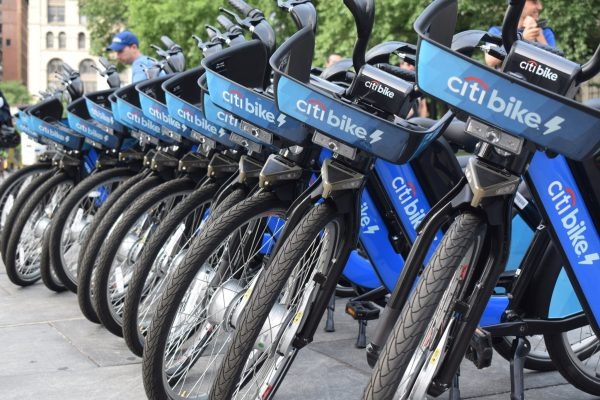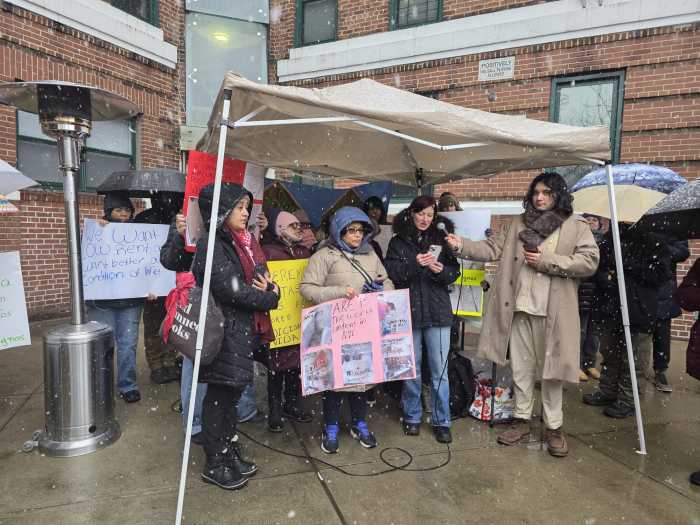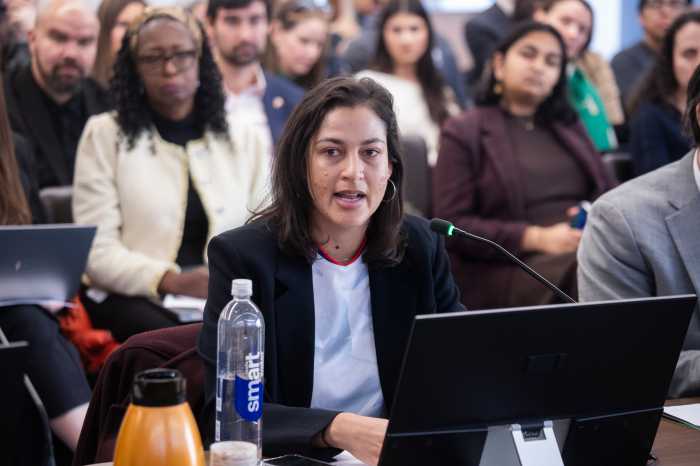
via Citi Bike on Twitter
Nov. 21, 2019 By Allie Griffin
As Citi Bike expands its program farther into the city’s outer boroughs and historically underserved neighborhoods, Lyft —Citi Bike’s operator — together with the Department of Transportation (DOT) have formed an advisory board to ensure equity throughout the implementation.
The Citi Bike Equity Advisory Board, which consists of a 20-person panel, aims to expand the bike share network to include less affluent neighborhoods, develop affordable membership options and form diverse community partnerships.
City Bike will double its coverage area as part of its upcoming $100 million expansion and add bike stations to several communities of color with a history of underinvestment. Citi Bike formed the board in order to identify transportation and recreation inequities and work to overcome them in the various communities.
In Queens, the bike share program will expand to the middle income areas of Sunnyside and Maspeth, and the lower income areas of Elmhurst, Jackson Heights and Corona by 2023.
In 2017, Elmhurst, Jackson Heights and Corona had a median household income below that of the city’s, according to census data. The median household income in New York was $58,000, compared to Corona with $48,000, Elmhurst with $49,000 and Jackson Heights at $54,000.
The program first came to Queens in 2015, when the more-affluent neighborhood of Long Island City was included as part of the network. It then spread to Astoria in 2017 and recently came to Ridgewood.
The $100 million expansion will double Citi Bike’s service area by 35 square miles and triple the number of bikes in its fleet to 40,000. The company is also adding bike stations to Upper Manhattan, the South Bronx, and central Brooklyn.
“No one should be denied access to an affordable transportation option simply because of their zip code,” said board member Alan van Capelle, CEO of the Educational Alliance. “Citi Bike offers an environmentally friendly, reliable, and healthy alternative for New Yorkers to get around the city and it should be available to residents regardless of where they live.”
When complete, Citi Bike stations will reach 70 percent of residents in NYCHA developments — up from 40 percent currently — and the new Equity Advisory Board will ensure that Citi Bike’s programming in underserved communities grows in tandem.
New Yorkers who live in NYCHA developments or receive SNAP benefits can access Citi Bike for only $5 a month through the Reduced Fare Bike Share program, presented by Healthfirst.
“One year ago, Lyft announced a $100 million plan to double the Citi Bike footprint, and as Citi Bike grows to serve millions more New Yorkers, we have a unique opportunity to grow our vision for an even more equitable and accessible bike share network,” said Caroline Samponaro, Head of Micromobility Policy at Lyft, the operator of Citi Bike.
“The brand-new Equity Advisory Board will strengthen Citi Bike’s ongoing community engagement work in New York and serve as a model for Lyft’s bike share equity efforts in cities nationwide.”
The advisory panel includes leaders across a variety of sectors such as nonprofit, social services, health services, community development, education, cycling advocacy and government. Members will meet at least once per quarter to discuss and consider policy and expansion proposals, as well as challenges and concerns.


































